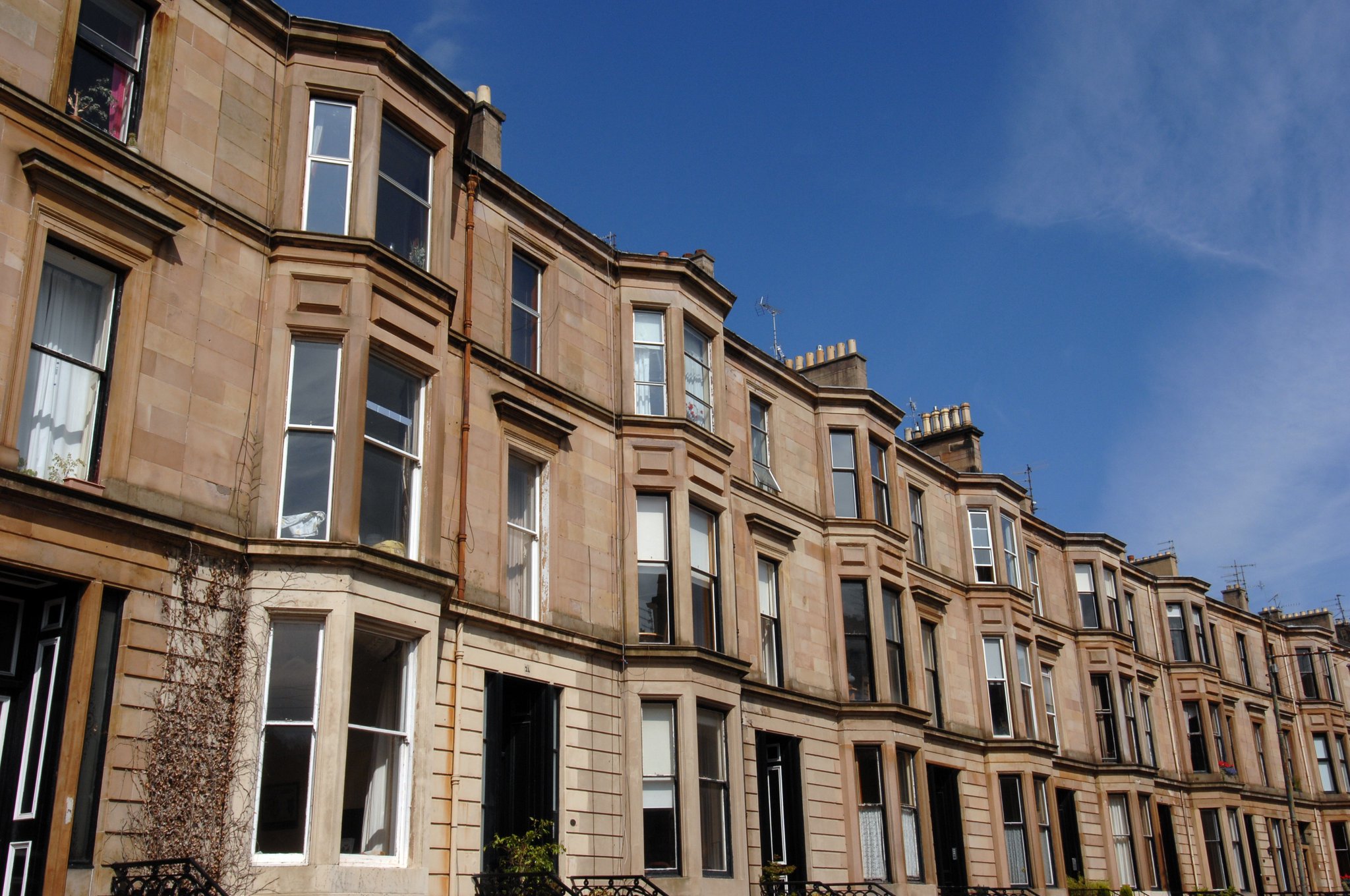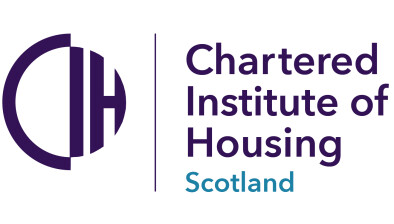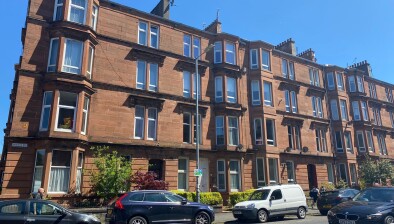92% of Scotland’s PRS now unaffordable for people claiming benefits, study finds

The shortfall between Local Housing Allowance (LHA) and the actual cost of renting a home in Scotland’s private rented sector (PRS) has been highlighted in new research commissioned by CIH Scotland in partnership with Fife Council.
LHA is the amount of financial support that a household can claim towards their rent in the PRS. It is based on the number of bedrooms that the household is deemed to need and the cost of rents in the Broad Rental Market Area (BRMA).
LHA rates were initially set at the 50th percentile in 2008 before being reduced to the 30th percentile of local rents meaning that the bottom 30% of homes in an area should be affordable to a household claiming benefits. However, the rate has been frozen since April 2020 at which point it was based on 2018/19 data. Rents in some areas have risen considerably in the intervening years creating significant affordability issues for private renters across Scotland.
The research, conducted by the UK Collaborative Centre for Housing Evidence (CaCHE) and based on analysis of Zoopla data on advertised rents, found that:
- Across Scotland, just one in 12 advertised properties in the PRS (8%) are covered by LHA.
- Aberdeen and Shire had the largest percentage of “affordable” properties at 19.7%, still significantly below the 30th percentile. West Dunbartonshire had no properties available at or below the LHA rate.
- The average shortfall in rent for a two-bedroom home was £108.10 per month.
- The smallest difference was found in Aberdeen and Shire at £6.64 per month, in Greater Glasgow the shortfall was £201.78 per month.
The report also explores issues with the way that LHA is calculated following rules set by the UK Government’s Department of Work and Pensions (DWP). There are considerable gaps in the availability of rental data used to calculate LHA rates, lags between data being collected and new rates being set, and bias caused by the geographic spread of BRMAS with only 18 separate areas defined across Scotland, some covering vast areas of land and including both urban and rural areas.
The report concludes that “the PRS is now largely unaffordable to new entrants or those seeking to move within the sector who are in receipt of LHA”.
It recommends:
- Reinstating LHA at the 30th percentile in the short-term. This is likely to cost around £98 million per year in Scotland. This cost could be covered by the UK Government or a ‘top up’ by the Scottish Government similar to ‘bedroom tax’ mitigation in the social rented sector.
- Reviewing the process for setting LHA in the longer-term, including consideration of how rental data is gathered and the geographical boundaries of BRMAs.
- The Shared Accommodation Rate (SAR) which limits single people under the age of 35 to a room in a shared home, rather than a one bedroom home, is unfair and impractical, and consideration should be given to scrapping it.
Gavin Smith, chair of CIH Scotland, said: “The PRS is a vital part of our housing system and can play a greater role in preventing and responding to homelessness in Scotland. We cannot ignore the link between affordable housing supply, the rising number of people in temporary accommodation and the emergence of Scottish councils having to declare housing emergencies.
“The PRS plays a vital role but must be affordable and as this research shows freezing LHA rates has had a devastating impact on its affordability for those that need it the most. All UK governments must urgently unfreeze LHA rates.”
Andrew Watson, lead author of the research by CaCHE, added: “Due to changes in housing choices and a lack of social housing, the PRS plays a critical role in the provision of homes for households in receipt of LHA. A combination of rising rents and frozen LHA rates have rendered the sector unfordable for those seeking entry, whilst also limiting the ability of existing tenants to move within the sector.
“The lack of affordability has many drivers, but the actions of UK and Scottish Governments (and in particular the freeze in LHA rates and the introduction of rent caps) have played a significant role. It is therefore reasonable to expect that government action will play a key role in addressing the problem.”







